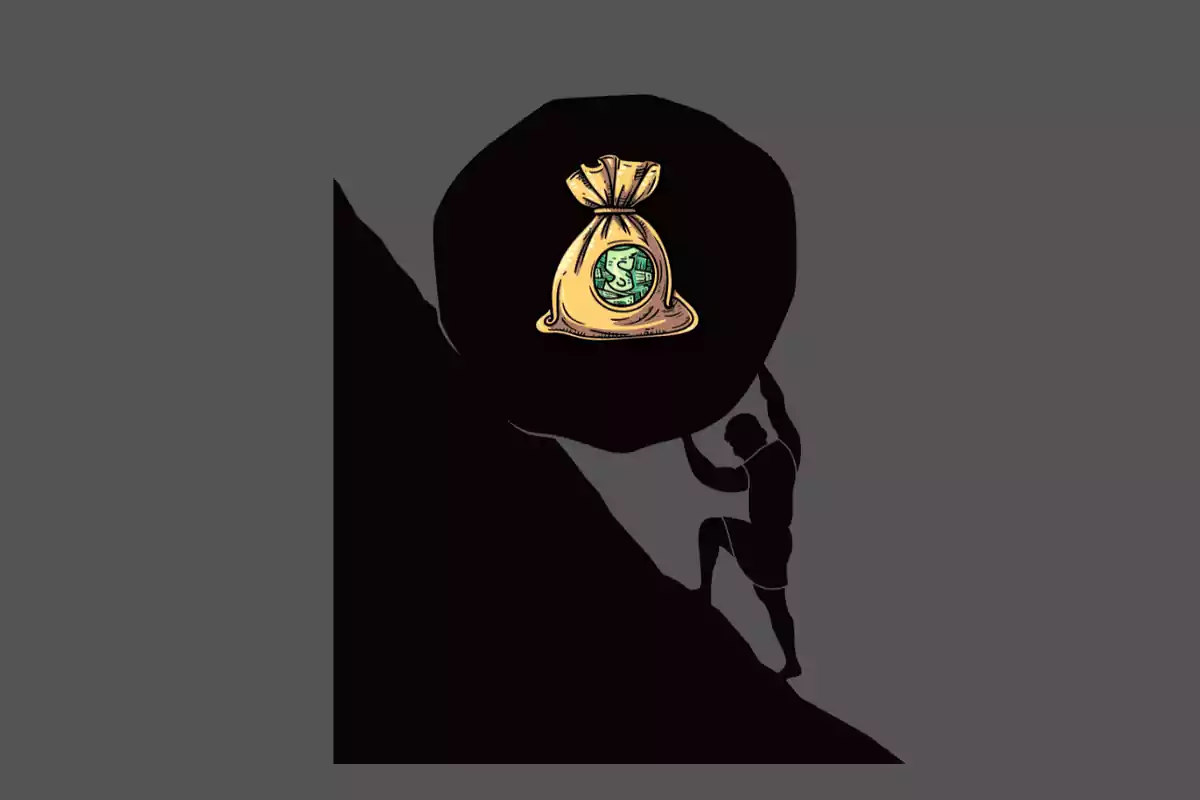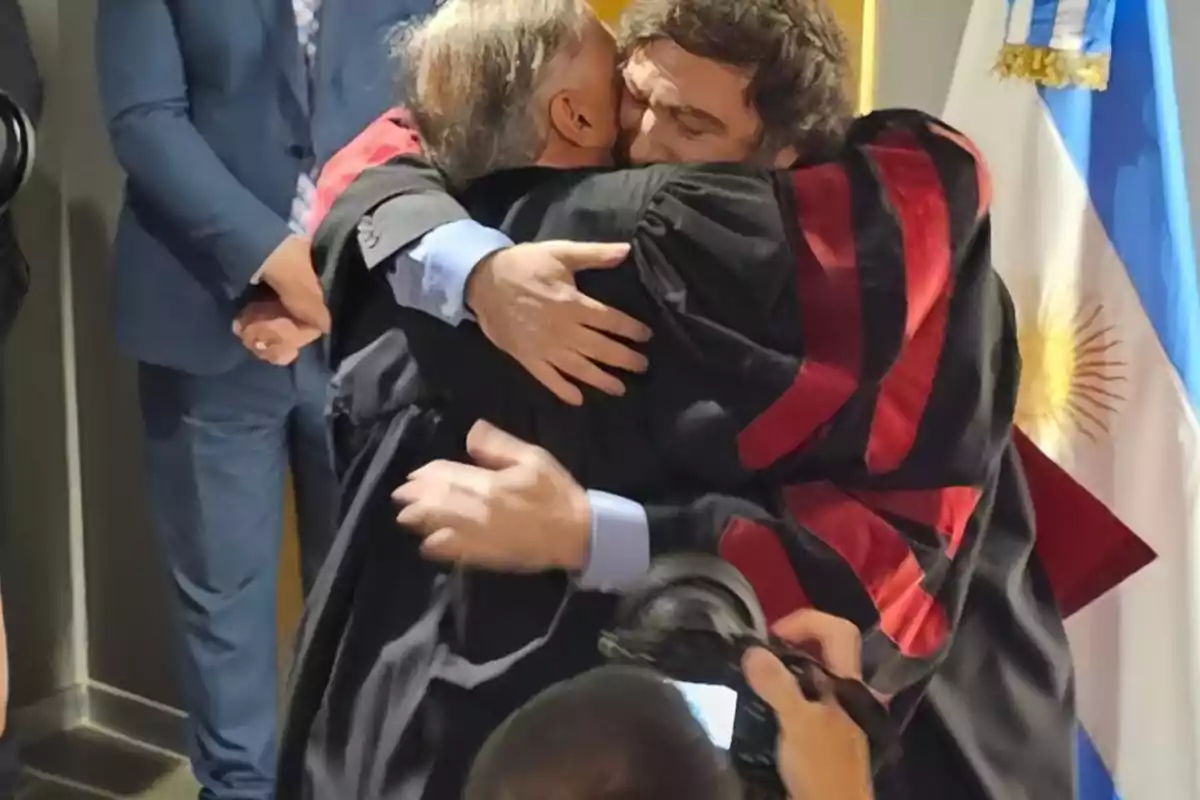
Tax Freedom Day
When paying taxes feels more like a kidnapping than a social contract
TAX LIBERATION
This May 22 is tax-free day in Uruguay. The date of the year when we stop working to pay taxes and do it, now yes, for our benefit. Almost half a year working to finance the public spending party, because every time more budget is requested for something, that demand results in future taxes. Because there is no free lunch, there are no free things, someone always pays the bill. And those are us, the usual fools.
Uruguay is a country that has become accustomed to living beyond its means, this is how we have lived for decades, spending more than we generate. That irresponsible spending, which spans all the parties that have been in government, can only be financed in three ways: with more taxes, with debt (which ends up translating into future taxes) and, when the latter is no longer possible, with monetary issuance, which as has been demonstrated in light of the experience in Argentina and should no longer be a subject of any discussion, generates inflation.
That spending also has an undemocratic and immoral component, since it shifts the bill to future generations, who have not been born and who also did not participate in the electoral process that placed the rulers who made that decision.
In 1798, Thomas Jefferson in a letter to John Taylor, recounts the impression he had at the time when reading the brand-new American constitution, when he was ambassador in Paris: "I wish it were possible to introduce an amendment to our Constitution (...) I mean, an additional article by which the federal government is deprived of the power to borrow money".

→ The owners of the welfare state
The State spends in the worst possible way: other people's money, on others. There is no incentive for efficiency. Therefore, it is a contradiction in terms to talk about "efficient public spending" or to say "we must make management more efficient." It is impossible, even when the power is held by the most well-intentioned people.
Professor Huerta de Soto says that "I will not ask the slave to rebel if by rebelling he will receive lashes", that is, despite the slave-like situation in which we live —since we are tax slaves— it is not recommended not to pay taxes, because we would immediately have an arrest warrant at the door. On the contrary, we affirm that each of us should be very scrupulous in paying our taxes, that is: when we pay, we should be aware that we are slaves.

It is absolutely necessary to go down the path of reducing public spending. Every tax that is imposed, constitutes a true attack against the poorest, since wealth is extracted from the private sector —the only one that produces it— to allocate it to what the bureaucrat of the moment deems best, generating distortions in the price system.
The State doesn't generate wealth, it uses the wealth that others create. Every action of the rulers leaves a trail of capital destruction in its path. That capital destruction prevents saving, and without saving there is no investment, without investment there is no capital increase, without capital increase there is no productivity, and without productivity there are no wages or decent employment.
It is imperative then to think of alternatives. One of them is the project revived by the Association of Liberals of Uruguay, which aims to establish a large free zone throughout the territory north of the Río Negro.
If instead of closing borders to protect and perpetuate poverty, a country opens up to international trade, it can put its people on the level of the most advanced in the world. It is a matter of institutional frameworks, which are the key to the prosperity of nations.
→ Lesson we don't see: national industry and structural poverty
Who do we protect with import tariffs? What is this about "protecting the national industry"? Well, that is a true lack of protection for consumers, for the ordinary people, who are criminalized for wanting to buy elsewhere cheaper, what they need.
The measure would have an extraordinary impact. The real wage would grow, simply because it would yield more. Not only because of that: any rural producer, for example, could import from abroad at zero tariff the irrigation machine they need. That would increase accumulated capital, productivity, wages, and employment opportunities.
Similarly, tourism would benefit in the north, as it would now be attractive from a price point of view. With the proposed measure, all kinds of merchandise from anywhere in the world would enter the north of the country, reversing the trade situation.
Even from a fiscal point of view, the measure would be healthy. Consumers in the north will stop acquiring merchandise from the other side of the border paying foreign taxes, to do it here. It will be the true Atlas rebellion.
Meanwhile, in the south, they will continue with their protections, regulations, their rights agendas, and their political correctness. But after a few years, Uruguay will cease to be a funnel and it will no longer be necessary to "die in the capital," as Pablo Estramín sang. Now it will be the other way around, because reality always bows to Freedom.
More posts: